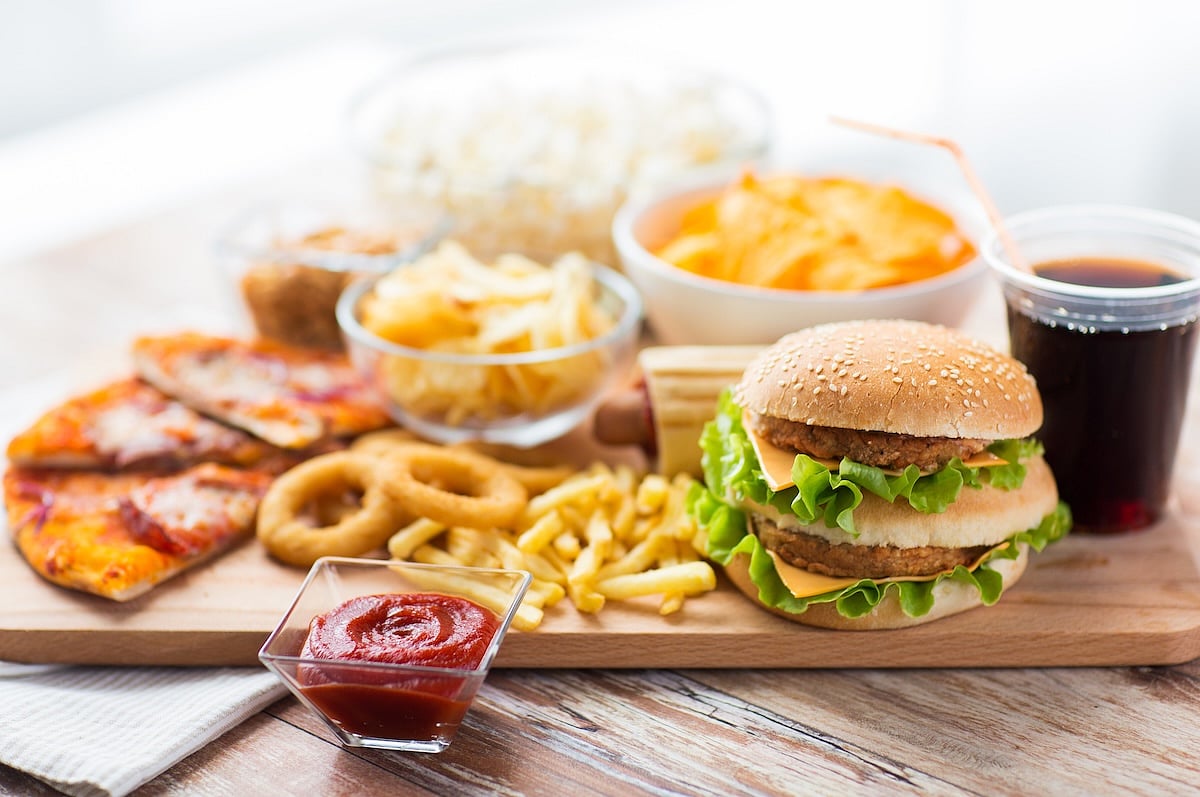Get Healthy!

- Posted November 13, 2025
Ultra-Processed Foods Linked To Diabetes Risk In Young Adults
Chowing down on ultra-processed foods – fast food, packaged snacks, heat-and-eat meals – increases young adults’ risk of health problems that contribute to diabetes, a new study warns.
An increase in ultra-processed food intake is associated with a higher risk of prediabetes, in which early-stage high blood sugar can lead to type 2 diabetes, researchers reported Nov. 10 in the journal Nutrition and Metabolism.
More ultra-processed eats in one’s diet were also linked to an increase in insulin resistance, another contributor to diabetes, researchers found.
“Even modest increases in ultra-processed food intake can disrupt glucose regulation in young adults at risk for obesity,” said senior researcher Dr. Vaia Lida Chatzi, a professor of population and public health sciences and pediatrics at the Keck School of Medicine of USC.
“These results point to diet as a modifiable driver of early metabolic disease, and an urgent target for prevention strategies among young people,” Chatzi added in a news release.
Ultra-processed foods are made mostly from substances extracted from whole foods, like saturated fats, starches and added sugars. They also contain a wide variety of additives to make them more tasty, attractive and shelf-stable, including colors, emulsifiers, flavors and stabilizers.
Examples include packaged baked goods, sugary cereals, ready-to-eat or ready-to-heat products and deli cold cuts.
For the study, researchers tracked a group of 85 17- to 22-year-olds who were overweight or obese for four years. The participants filled out food questionnaires, had their blood sugar tested and underwent a sugary drink challenge to check their insulin response.
Results showed that every 10% increase in ultra-processed food consumption was associated with a 64% higher risk of prediabetes and a 56% higher risk of problems with blood sugar regulation.
Those who reported eating more ultra-processed foods at their first visit also were more likely to have higher insulin levels during follow-up appointments — an early sign of insulin resistance.
“These findings indicate that ultra-processed food consumption increases the risk for pre-diabetes and type 2 diabetes among young adults — and that limiting consumption of those foods can help prevent disease,” lead researcher Yiping Li said in a news release. She’s a doctoral student in quantitative biomedical sciences at Dartmouth College in Lebanon, New Hampshire.
Researchers said future studies should look at larger groups and use more detailed diet tracking, to figure out which foods post the greatest risk.
More information
Yale School of Public Health has more on ultra-processed foods.
SOURCE: Keck School of Medicine of USC, news release, Nov. 11, 2025





